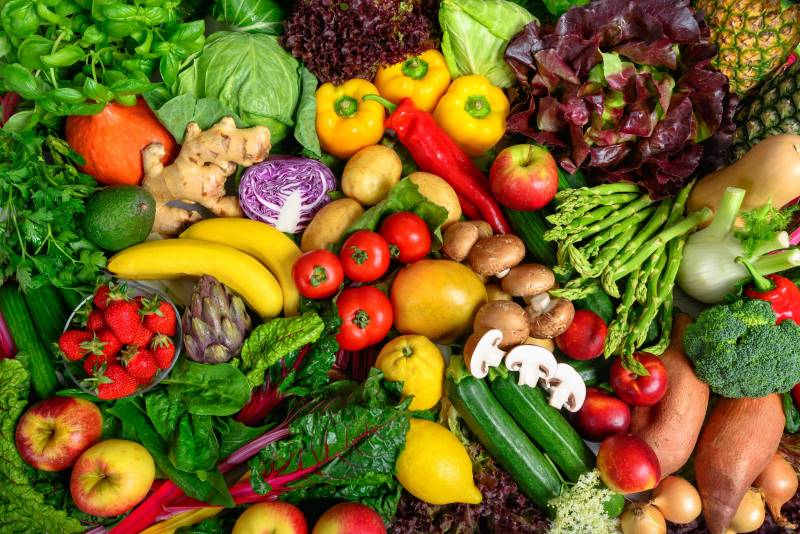On November 17, the CDC announced a new multistate outbreak of Salmonella illnesses that has been linked to cantaloupes. Those who have studied ServSafe in MN know that incredible care must be taken with meats, dairy, and eggs in order to prevent food-borne illness, but potential issues with raw fruits and vegetables are frequently overlooked.

ServSafe Tips for Preventing Food-Borne Illness from Raw Fruits and Vegetables
The first step in preventing the spread of foodborne illness is to wash raw produce. It may be easy to cut fruits and vegetables such as tomatoes, cucumbers, and oranges that appear to be ready for preparation, but just because something looks clean and ready to eat does not necessarily mean that it is. Invisible remnants of soil, fertilizer, or other contaminants may still exist on the surface.
There are certain fruits, such as melons and tree fruits, in which the rind is not eaten. Those should still be washed or peeled before serving. There have been cases where food-borne illness has spread from bacteria on the rinds of melons or citrus fruits. Bacteria can be spread by a lemon sliced and used as a garnish in a glass of water or from a slice of cantaloupe in which the knife used to slice it has picked up contaminates from an unwashed peel.
Common Raw Fruits and Vegetables that Cause Food-Borne Illness
While any raw fruit or vegetable can cause food-borne illness, and steps learned in ServSafe MN should be used to prevent tainted food from reaching customers, a few specific items should be given extra care.
- Sprouts
- Melons
- Leafy greens
- Root vegetables
Sprouts have become such a hazard for food-borne illnesses that many restaurants and stores have stopped selling them. Before serving uncooked sprouts, particular attention should be taken to ensure they have been thoroughly cleaned.
Melons, especially cantaloupe, have been a notorious hazard in recent years. The rugged rind of the cantaloupe can shelter bacteria from a quick wash.
Leafy greens and root vegetables grow in or near the soil. This means having more contact with dirt, natural and chemical fertilizers, and other contaminants. These items should be thoroughly washed, and root vegetables to be served raw, such as carrots, should be washed before peeling to prevent bacteria from contaminating preparation utensils.


